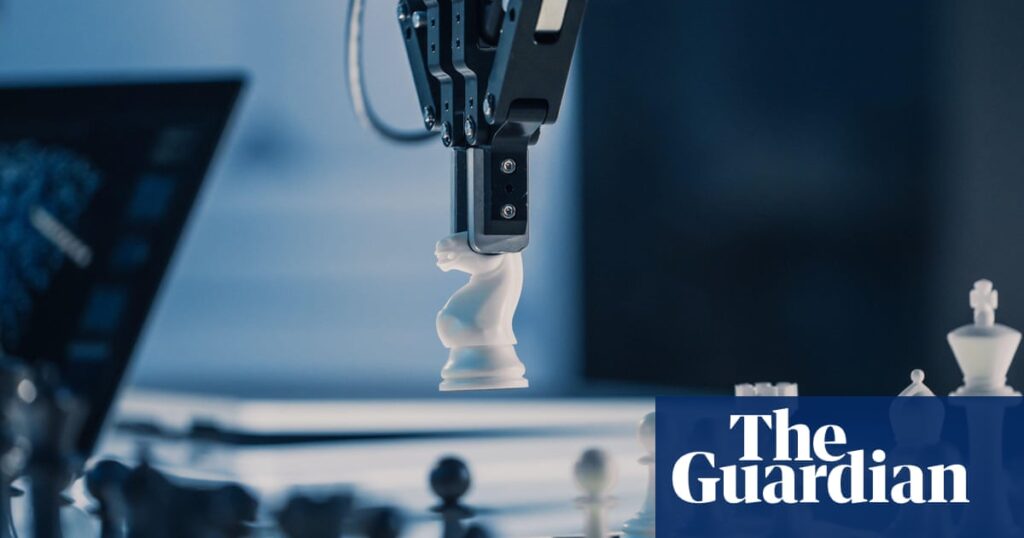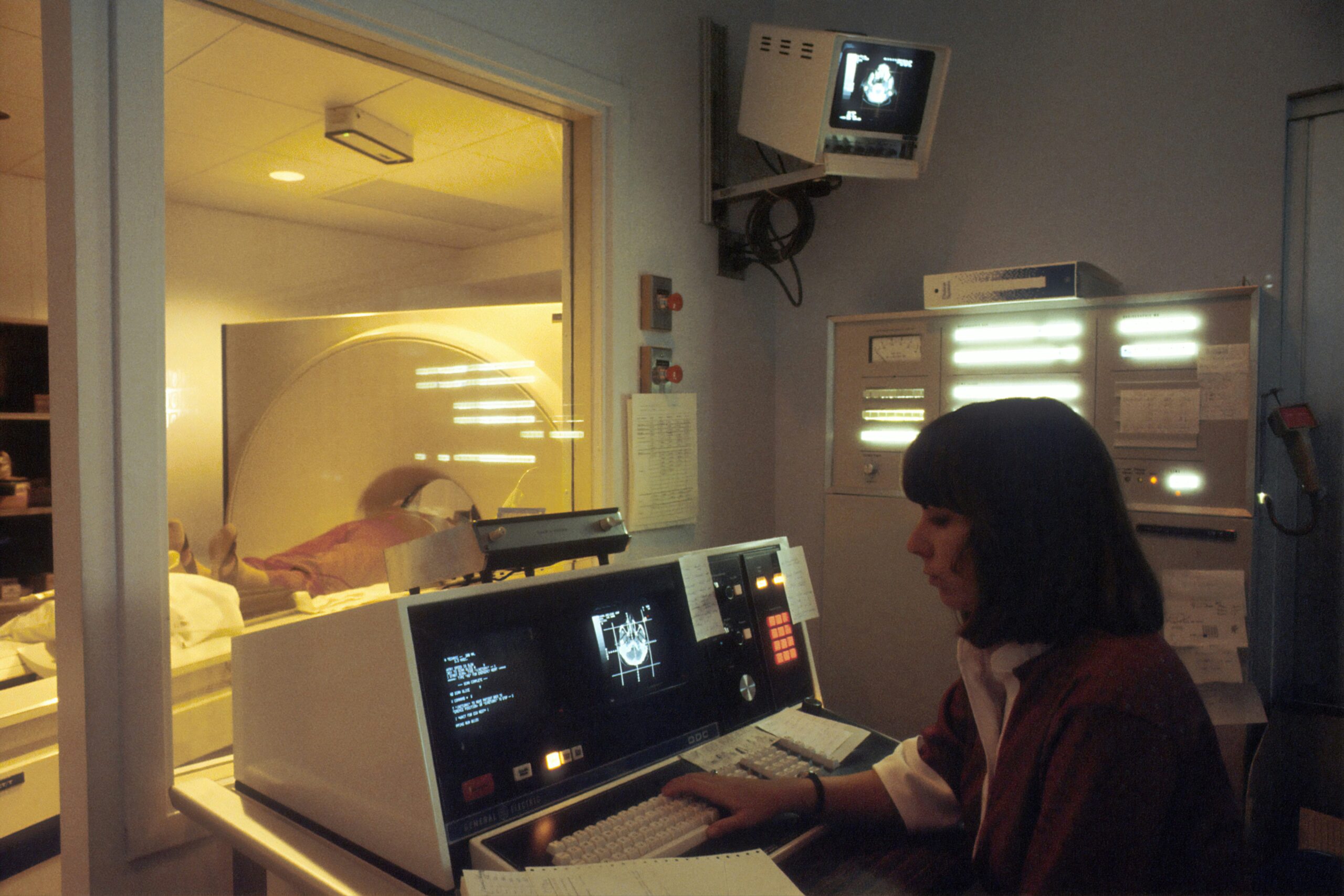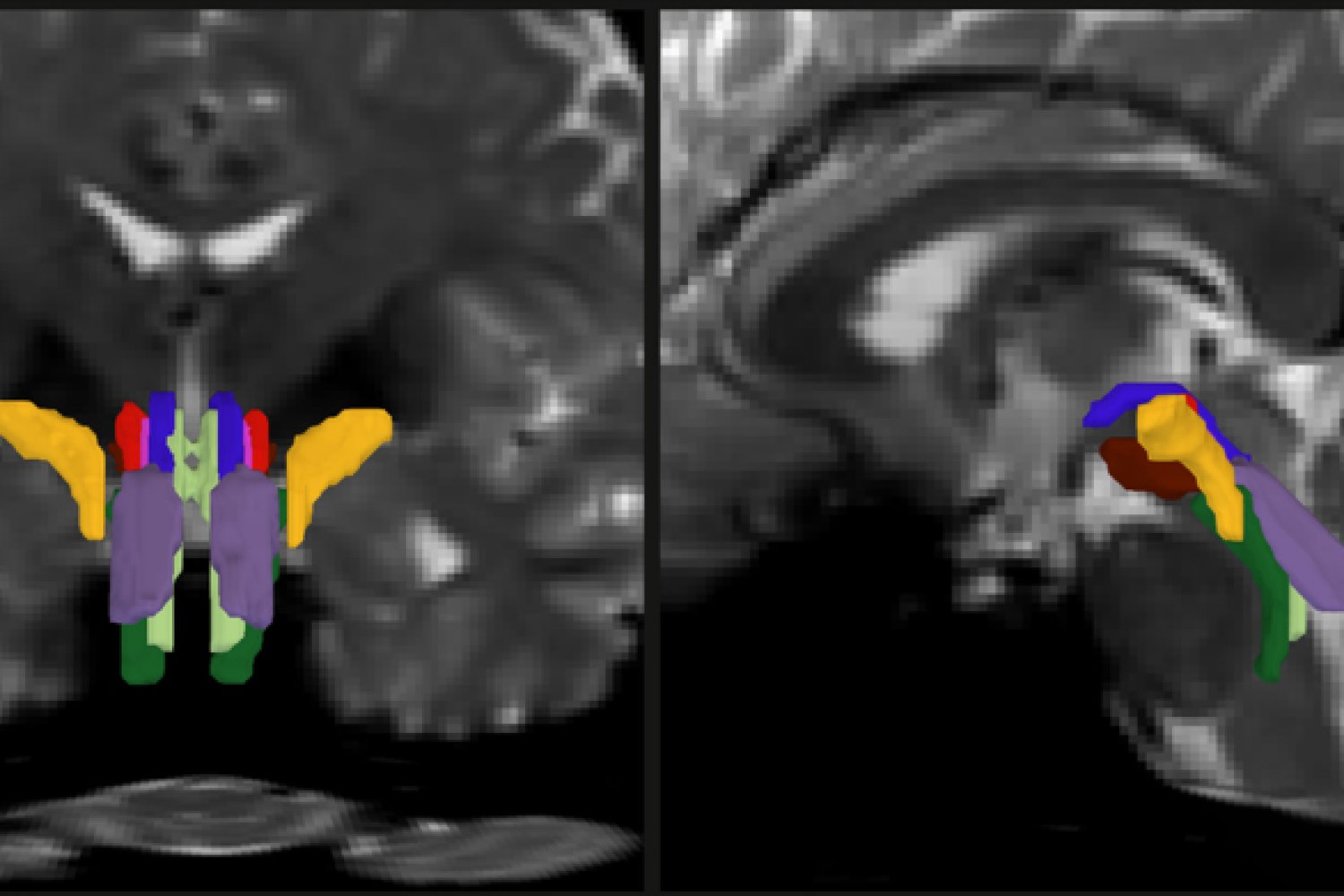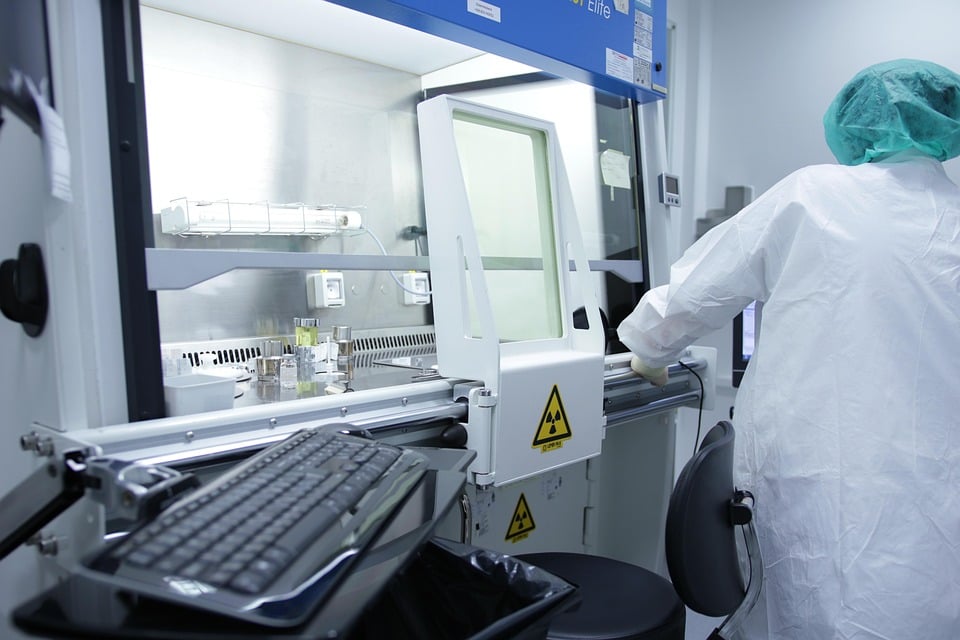
If Adam Dorr’s predictions hold true, the global workforce is on the brink of a seismic shift as robots and artificial intelligence (AI) are poised to dominate within a generation. The social scientist and futurist envisions a future where technological advancements will render most human labor obsolete within the next 20 years.
Dorr leads a team of researchers at RethinkX, a nonprofit organization focused on analyzing technological disruptions. Their studies suggest that by 2045, the labor market will experience a transformation akin to the impact of automobiles on horse-drawn carriages or digital cameras on traditional film.
The Impending Technological Transformation
Speaking at the Dargan Forum in Dún Laoghaire, Ireland, Dorr painted a vivid picture of a future where machines outperform humans in virtually every sector. “Technology has a new target in its crosshairs – and that’s us. That’s our labor,” he stated, emphasizing the inevitability of this shift.
Dorr’s research indicates that once a new technology gains a foothold, it rapidly achieves dominance. “Machines that can think are here, and their capabilities are expanding day by day with no end in sight,” he warned. “We don’t have that long to get ready for this. We know it’s going to be tumultuous.”
Historical Parallels and Current Trends
The patterns observed by Dorr and his team are not unprecedented. History is replete with examples of technological revolutions that have reshaped industries and societies. The transition from gas lamps to electricity and the rise of digital photography are just a few instances where technology has rendered previous modes of operation obsolete.
According to Dorr, the current wave of automation and AI will follow a similar trajectory, with robots soon performing tasks more efficiently and cost-effectively than humans. “We’re the horses, we’re the film cameras,” he remarked, highlighting the impending redundancy of human labor.
Opportunities and Challenges Ahead
While Dorr’s predictions may seem bleak, he also offers a glimmer of hope. If managed wisely, the technological revolution could lead to a period of “super-abundance,” liberating humanity from the constraints of traditional labor. However, he cautions that mishandling this transition could exacerbate inequality and lead to new forms of oligarchy.
“There will remain a niche for human labor in some domains,” Dorr noted, pointing to jobs reliant on human input, such as sports coaching and politics. However, these roles are insufficient to employ the billions currently in the workforce.
Preparing for a New Era
As societies grapple with these changes, Dorr urges the development of new guiding principles and a reevaluation of concepts like value and distribution. “We need to experiment now and try out new ownership structures, new stakeholder structures,” he advised.
“This could be one of the most amazing things to ever happen to humanity,” Dorr stated, envisioning a future where productivity gains and fair distribution could transform society.
Despite the challenges, Dorr remains optimistic. His book, Brighter: Optimism, Progress and the Future of Environmentalism, explores the potential for clean energy and technological advancements to create a better world.
Looking Forward: A New Social Fabric
Drawing on historical examples, Dorr suggests that the future may resemble past eras where a small portion of society lived without the need to work. He believes that people will find meaning in relationships and community connections.
“We can think of examples of spoiled rich brats who seemed sort of aimless and perhaps miserable but others were able to live meaningful, purposeful lives,” he mused. “I think we will find meaning in our relationships with our friends and family and our connections to our communities. It sounds sappy but I think it’s deeply true.”
As the world braces for this technological upheaval, the need for proactive planning and adaptation becomes ever more critical. The future, according to Dorr, holds both promise and peril, and the path we choose will determine the outcome.







